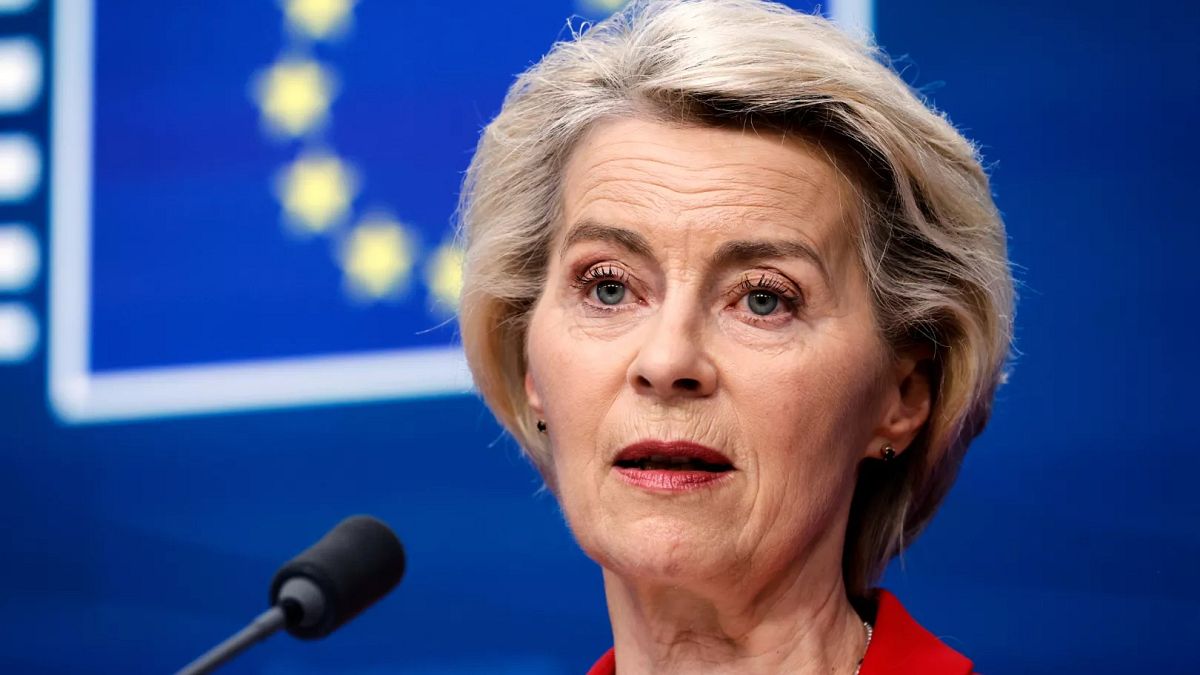With the proposal for the next EU budget after 2027 just around the corner, the political landscape is far from calm. The latest sign of unrest: fourteen member states have endorsed a non-paper opposing the European Commission’s plans to centralise the management and distribution of EU funds.
“Only a distinct and robust budget and a region-based allocation methodology, reflecting the different development levels of regions, together with a stand-alone Cohesion Policy dedicated legislation, can ensure that the next Multiannual Financial Framework (MFF) will deliver long-term unity, competitiveness and convergence across EU regions,” states the document.
Bulgaria, Czechia, Greece, Spain, Hungary, Italy, Latvia, Lithuania, Poland, Portugal, Romania, Slovenia and Slovakia signed the non-paper on “Cohesion Policy in the Future MFF,” aiming to secure a separate pot for narrowing the socio-economic gap between the richest and poorest European regions.
The call from more than half of the member states comes in response to a leak about the Commission’s plans to create a single funding pot for each EU country (covering around 530 programmes) and to link the receipt of funds to the fulfilment of policy objectives.
The potential centralisation of the management and access to EU money would give greater power to national governments and Brussels, while proving detrimental to regions and other departments within the European Commission.
European Commission president Ursula von der Leyen is expected to present the budget proposal for the next long-term financial period (2028–2034) on July 16 — but criticism from regions, member states, MEPs, and industry representatives continues to mount.
Both Poland and the centre-left Socialists and Democrats (S&D) group in the European Parliament have raised concerns about the Commission’s intention to merge dozens of individual funding streams into a single cash pot per member state, as detailed in their respective position papers on the next MFF.
“We will strongly oppose the ‘one national plan per member state’ approach, as well as the possibility for national plans to be underpinned by a ‘payments against reforms’ rule,” the Socialists wrote in a letter to von der Leyen sent on Monday.
The Socialists — the second-largest group in the Parliament — also called on the Commission chief to propose a larger and more ambitious long-term budget, exceeding the current 1% of the EU’s GDP, which is equivalent to around €1.2 trillion.
Poland’s conservative government, meanwhile, emphasized that future reforms should not lead to further centralisation or the merging of funding instruments. “Regions should remain at the core of cohesion policy,” its position paper, dated 1 July, states.
The EU’s Common Agricultural Policy (CAP) and cohesion policy together account for more than two-thirds of the total EU budget — and Poland, which receives the most funding from cohesion policy, insists that their combined share in the MFF should not be less than it is currently.
“One of the priorities of the next MFF should be increasing the importance of economic, social, and territorial cohesion within the EU and striving for convergence,” Poland defends in its position paper. “Competitiveness and cohesion are the two sides of the same coin,” they conclude.
Read the full article here


